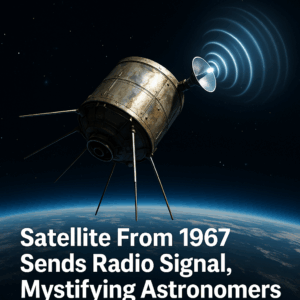rasindogroup.com – Transforming Healthcare AI As global health systems face growing pressure from aging populations, rising costs, and staff shortages, AI in healthcare emerges as a vital tool to ease the strain. From diagnosing diseases to managing resources, artificial intelligence continues to revolutionize medical services worldwide.
Diagnosing Faster with Higher Accuracy
One of AI’s most impactful uses lies in diagnostics. Tools powered by machine learning can analyze medical images—such as X-rays and MRIs—faster and often more accurately than human doctors. For example, AI models trained to detect early-stage cancers have proven effective in flagging abnormalities that radiologists might miss.
Moreover, natural language processing (NLP) helps physicians extract valuable insights from patient records and clinical notes, drastically reducing administrative time and improving decision-making.
Optimizing Hospital Workflows Transforming Healthcare
AI also streamlines hospital operations. Intelligent systems predict patient admissions, manage bed availability, and optimize surgery schedules, which improves efficiency across departments. As a result, healthcare workers can focus more on patient interaction and less on logistical bottlenecks.
Additionally, AI-driven chatbots and virtual assistants provide patients with real-time support, handle scheduling, and answer common questions, further freeing up staff capacity.
Enhancing Remote and Personalized Care Transforming Healthcare
In rural or underserved areas, AI bridges gaps in access. Remote patient monitoring powered by AI tracks vital signs and flags potential issues early. Combined with telemedicine, this tech allows doctors to intervene sooner and treat patients without unnecessary hospital visits.
Furthermore, AI helps tailor treatment plans by analyzing genetics, lifestyle, and previous responses to medication, creating more effective and personalized care strategies.
Ethical Use and Human Oversight
While AI can significantly reduce the load on health services, it’s essential to apply it responsibly. Human oversight must remain central, ensuring ethical use, data privacy, and fairness in medical outcomes. When used properly, AI complements medical expertise—it doesn’t replace it.
Final Thoughts
The integration of AI in healthcare isn’t just about advanced technology—it’s about enhancing care, improving outcomes, and making the healthcare system more sustainable. As the challenges facing global health systems grow, so too does the potential for AI to support and strengthen them.
By combining data-driven intelligence with human compassion, AI has the power to change healthcare for the better—one patient, one system at a time.

